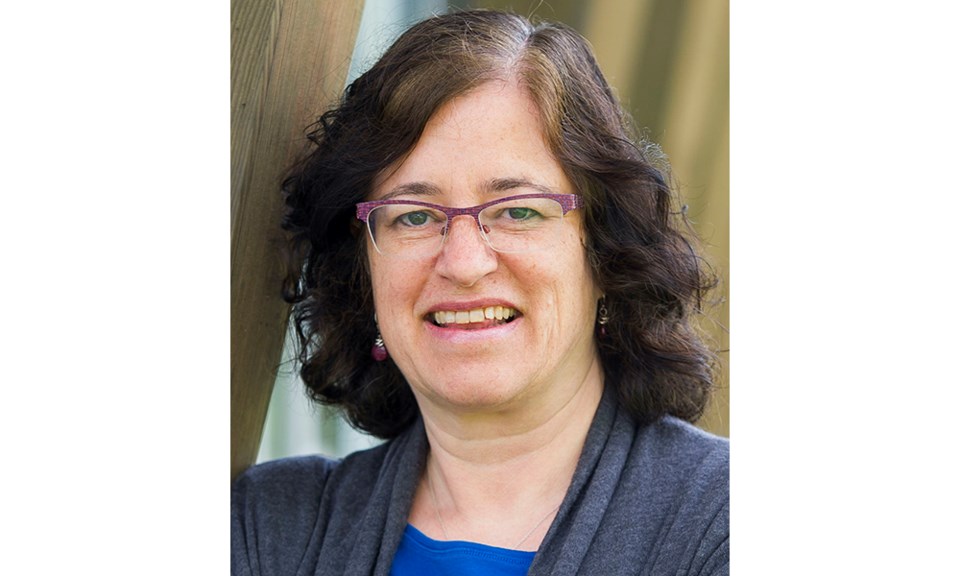I keep hearing that COVID-19 is going to be with us for a long time, so we should just accept it and get on with living. But what does that really mean? It doesn’t mean just declaring the pandemic over and carrying on, deaths be damned. What it does mean is getting back to the things we love about our lives, in the safest way possible.
It does seem bizarre to be talking this way during what is, by far, the highest wave of the COVID-19 pandemic so far. There are so many cases that testing was completely overloaded, making case counts meaningless. Although the wave is highest, in some ways it is not the worst. Yes, hospitalizations and deaths are going up, but most people aren’t getting very sick.
B.C.’s Provincial Health Officer Dr. Bonnie Henry presented data this week showing that only 1.3 per cent of known COVID-19 cases from the Omicron variant result in hospitalization. And remember, most cases are not being detected at this point because testing is reserved only for those at high risk, so the actual percentage going to the hospital would be much lower. With the Delta variant, when case numbers were more reliable, the hospitalization rate was five per cent.
The Omicron version of COVID-19 means we can now treat it more like the flu or a cold, Dr. Henry said in January.
“At this time everyone all of us needs to routinely check ourselves every day self-monitor and if we have symptoms that might be COVID, that might be influenza, that might be a cold we need to stay home till we feel better,” she said.
I know there are those – such as the trucker convoy – who want to be done with all restrictions and mandates. But COVID-19 is still a deadly disease for some, so we cannot ignore it. Omicron won’t be the last variant, experts like the World Health Organization’s Maria van Kerkhove say. And there is no guarantee future variants will be milder, she said.
We are going to be living with COVID for at least a while longer, but what we need to do is organize our lives and society to minimize its spread and protect the most vulnerable.
Here’s how Dr. Henry put it: “We cannot eliminate all risk and I think that's something that we need to understand and accept as this virus has changed and has become part of what we will be living with for years to come, but we can use all of the layers of protection to keep our workplaces our schools our healthcare and other activities running as safely as possible.”
Dr. Lisa Iannattone, an assistant professor of dermatology at McGill, said on Twitter that we need to “restructure society” to prevent surges of the virus that threaten the healthcare system, leading to either restrictions, deaths or both.
Iannattone suggests starting with cleaning the air, making sure schools, restaurants, workplaces and apartment buildings have the safest air possible and that there are visible monitors. Widespread rapid testing would also help. There could be plans in place to bring on “covid protocols” for masking, working from home, offering remote college classes, or going to restaurants and bars if the viral load in wastewater surges above a pre-specified level.
Iannattone also suggests a change to the school year, given summer tends to be a low-COVID time, while winter tends to be the peak here in Canada. She suggests making the winter break longer and shortening the summer break. It’s the type of thinking we’re going to need to do to live with the virus.
I’ve written before about parts of the pandemic that would be worth keeping, simply because they make life better, such as being able to renew your car insurance online, visit your doctor over the phone, or attend a live performance on your laptop. Working from home and travelling less reduces greenhouse emissions and I hope that is factored into corporate decisions on how to move forward into the future.
If we focus on living with the virus, with as few restrictions as we can manage without recklessly endangering elderly or immune-compromised people or overwhelming the healthcare system, we may find it’s not such a bad life after all.
Tracy Sherlock is a freelance journalist who writes about education and social issues. Read her blog or email her [email protected].



